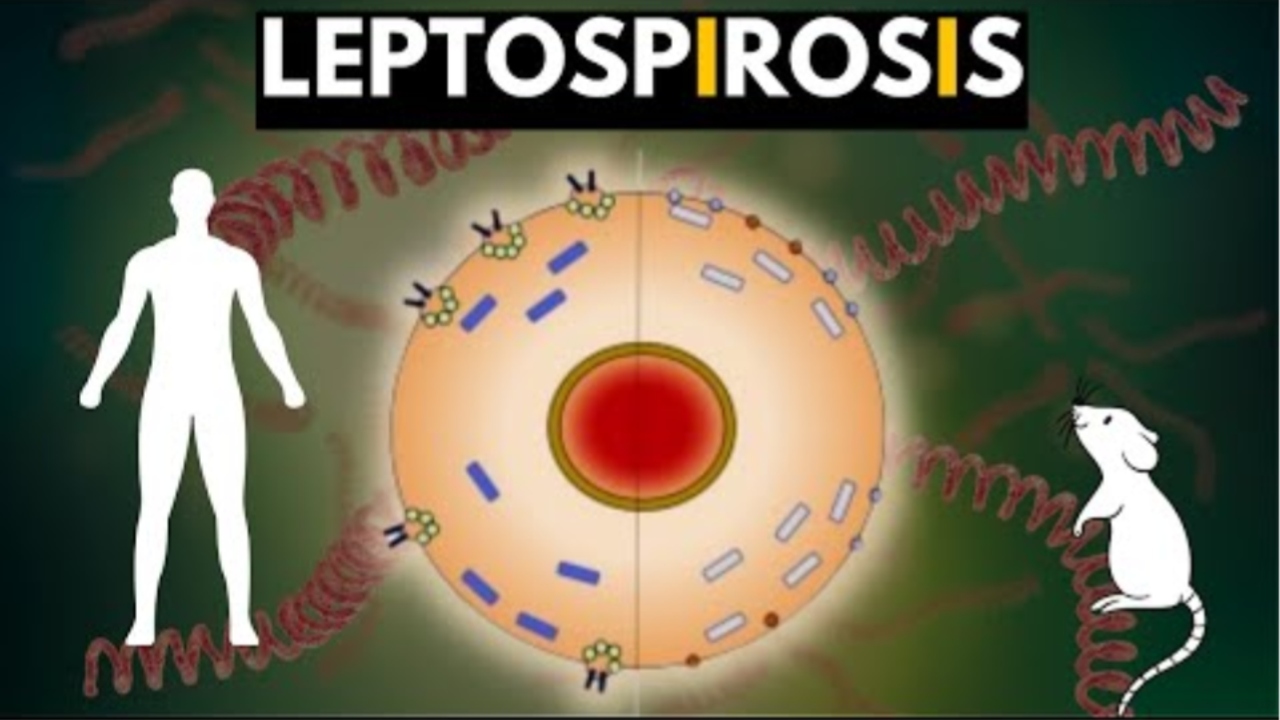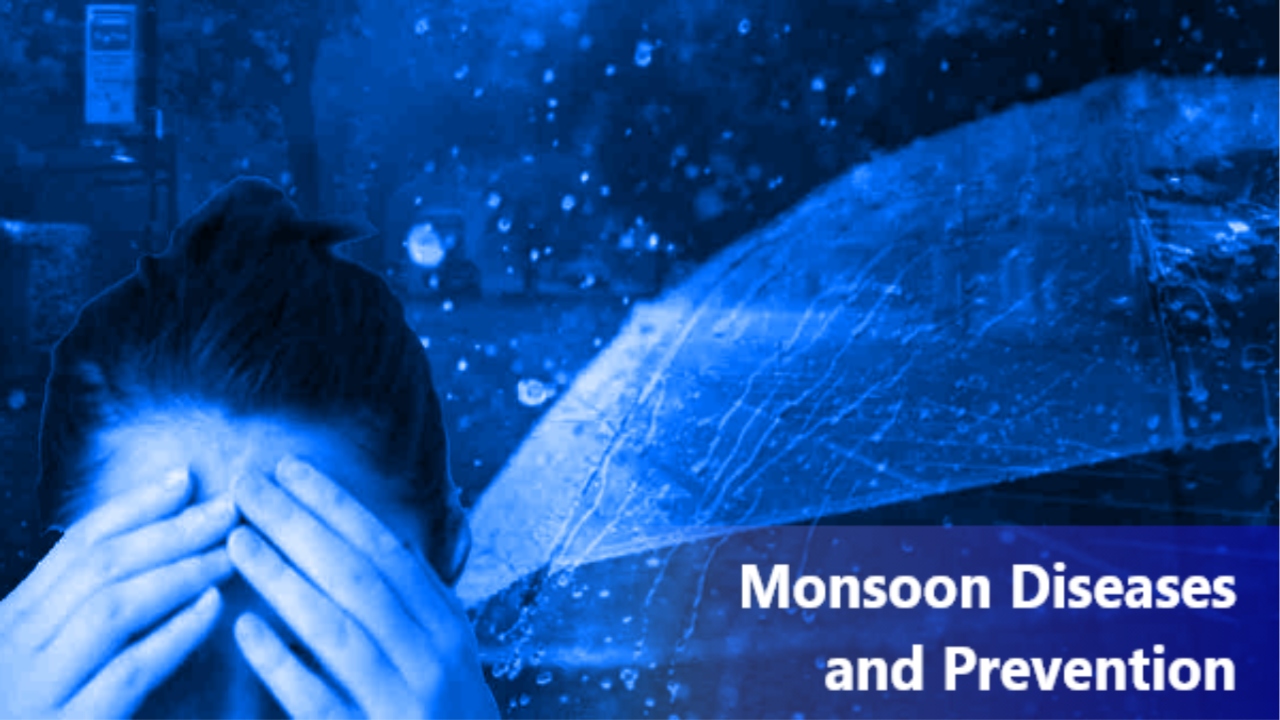When the monsoon rains pour into India, it is accompanied by much more than just a cooling breeze and respite from the heat. The weather also brings with it the entry of numerous infections. Flu and viral fevers are too common during this time, but there exists one disease which spreads silently in some regions of India, Leptospirosis.
Let’s understand, why the disease is spiking, what are the symptoms to watch out for, and how to remain safe.
Monsoon Triggers Spike in Cases of Leptospirosis

Leptospirosis is a bacterial infectious disease that spreads predominantly during monsoon. There has been an increase in cases in Kerala, Karnataka, and Maharashtra. This is caused by flooded roads and dirty water with animal urine contamination.
This sickness will normally not be realized in the first place since its symptoms are the same as for the flu. But if it is left untreated, it might be fatal and even lead to death.
What is Leptospirosis?
Leptospirosis is caused by a type of bacterium known as Leptospira. It infects human beings and animals. The bacteria reside in urine from infected animals such as rats, dogs, and cows. The moment this urine comes into contact with rainwater or soil, it forms a toxic environment.

The infection is typically contracted by contact with contaminated water or mud. A cut or a scratch on the skin is also enough to provide an access for the bacteria.
How the Disease Spreads
The disease is transmitted through:
- Contact with urine-contaminated water or ground of infected animals
- Open wounds or cuts exposed to dirty water
- Ingestion or bathing with infected water
- Entry through the eyes, nose, or mouth after being contaminated with infected floodwater
Flooded or water-logged areas are the most dangerous. Garbage and animal feces are present in such areas, providing bacteria with an extremely conducive medium for proliferation. Stray animals digging through waste also go through such areas and infect more.

Warning Signs to Look Out For
Leptospirosis symptoms could begin as mild but turn deadly very quickly. Watch out for:
- High fever
- Headache
- Muscle pain
- Chills
- Vomiting or diarrhea
- Weakeness and fatigue
It could lead to:
- Jaundice (yellowing of eyes or skin)
- Kidney or liver injury
- Breathing difficulty
The disease, according to doctors, exists in two stages. The first, which lasts for around 7–14 days, is similar to flu. The second, if left untreated, causes massive damage to organs.

How to Save Yourself This Monsoon
- Avoid crossing roads or walk in flooded areas
- Don’t allow dirty water to collect near your home
- Cover any exposed cut or skin infection before going out
- Wear rubber boots and gloves when working in the fields or damp areas
- Properly dispose of animal faeces
- Drink only clean, boiled, or filtered water
- Vaccinate and bathe your pets
Prevention from Leptospirosis is possible by taking some simple steps and with little care. Be careful this monsoon, particularly if you reside in high-risk states. Early treatment and diagnosis will make difference. Don’t take the symptoms lightly, stay healthy, stay safe.
